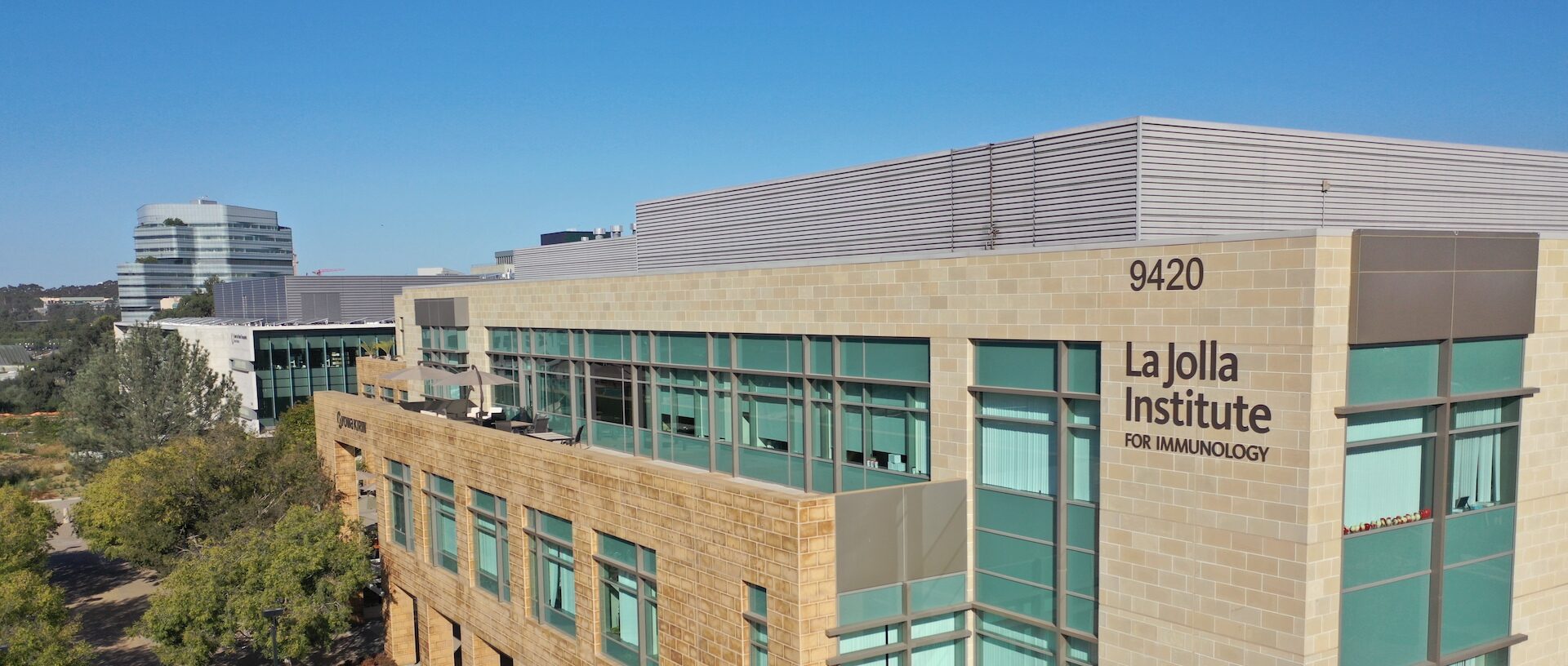LA JOLLA, CA—Shane Crotty, PhD, professor in the Division of Vaccine Discovery at La Jolla Institute for Immunology, officially joined the ranks of Highly Cited Researchers, who represent some of the world’s most influential scientific minds.
The list of highly cited researchers is compiled annually by Thomson Reuters and uses citation analysis to identify authors whose scientific papers wield outsize influence in their respective fields of study. It is based on Essential Scientific Indicators, which tracks papers published in the last decade that rank in the top 1% most cited papers in each of the main areas of science.
The number of citations—how often others reference a specific paper in their subsequent work—reflects the extent to which a scientist’s research has assisted, inspired or challenged other researchers and thus is a quantifiable measure of a scientists impact on his or her field.

Crotty drew national attention when he discovered a pivotal piece of the body’s mechanism for switching on the production of antibodies, published in Science in 2009. He showed that the BCL6 gene was like an on and off switch, or master regulator, that triggered the production of a certain group of helper T helper cells known as follicular helper T (Tfh) cells, which in turn told the B cells to make more antibodies
This seminal finding led to Crotty’s recognition as an expert in vaccine design, and to his inclusion as a T cell expert in one of the nation’s top AIDS vaccine consortiums. Since then, the field of Tfh cell biology has grown and work from many labs has shown that Tfh cells are important instigators of harmful immune responses, as in autoimmune diseases and allergies, in addition to their critical roles in promoting beneficial immunity to viruses and bacteria.
Crotty’s team followed up with a number of studies that identified the molecular mechanisms driving the differentiation and maturation of Tfh and antibody-producing B cells. Most importantly, he demonstrated that Tfh cells are crucially important for triggering broadly neutralizing antibodies against HIV, the virus that causes AIDS, in a large group of HIV-infected individuals.
About Dr. Shane Crotty
Shane Crotty received his B.S. in Biology from the Massachusetts Institute of Technology (MIT) in 1996. He also received a B.S. in Writing from MIT the same year. Crotty undertook graduate work in virology at the University of California, San Francisco in the Program in Biological Sciences
There he discovered the mechanism of action of the antiviral drug ribavirin, widely used to treat chronic hepatitis C infections. Crotty earned his Ph.D. in Biochemistry and Molecular Biology in 2001. He then pursued postdoctoral work at the Emory University Vaccine Center with Dr. Rafi Ahmed from 2001 to 2003, studying aspects of the generation and maintenance of immune memory after viral infections. In 2003, he accepted a faculty position at LJI.
Crotty was named a Pew Scholar in Biomedical Sciences in 2005, and was the recipient of the annual American Association of Immunologists (AAI) Investigator Award for outstanding early-career research contributions to the field of Immunology in 2012. He is also the author of Ahead of the Curve, a biography of Nobel laureate scientist David Baltimore, which was published in 2001.
About La Jolla Institute
La Jolla Institute for Immunology is dedicated to understanding the intricacies and power of the immune system so that we may apply that knowledge to promote human health and prevent a wide range of diseases. Since its founding in 1988 as an independent, nonprofit research organization, the Institute has made numerous advances leading towards its goal: life without disease®.


